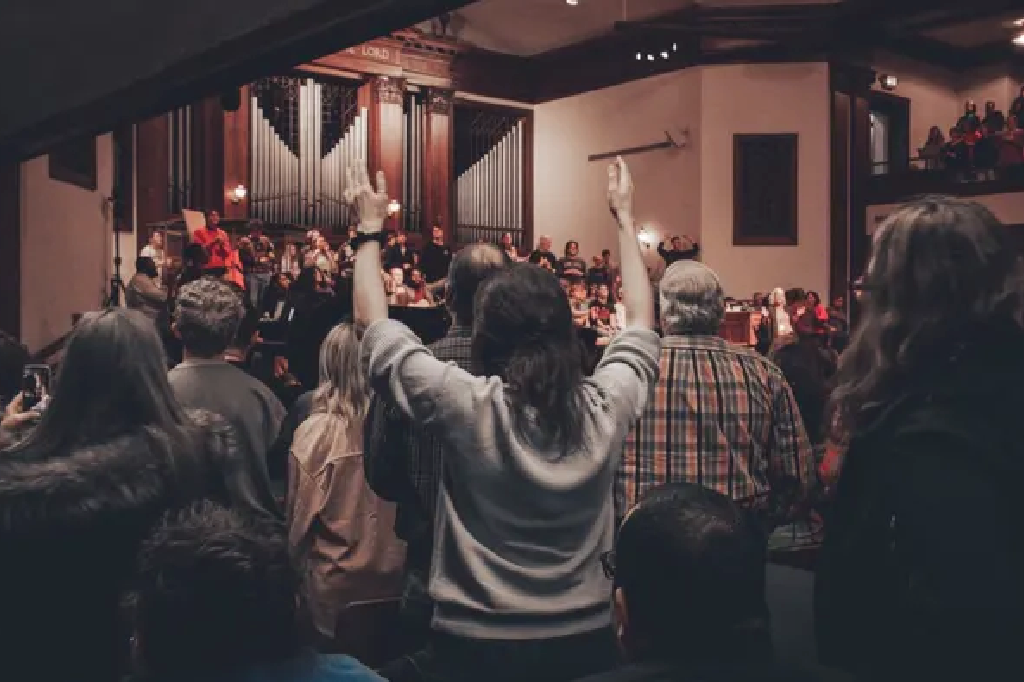It used to happen mainly around the holidays or tragedies, but with the ubiquity of information and access we are constantly bombarded with “please give” to a plethora of causes that need our support. Right now! Or else! We are on the verge of becoming emotional, willy-nilly, cause-oriented givers rather than solid, steady contributors to operations based on a biblical foundation of church stewardship and missiology.
The up-and-coming generation longs to feel like they are a part of something bigger than themselves, wielding their ability to directly affect the outcomes of the stories of the underprivileged. By the same token, they are also shrewd and scrupulous about where they are spending their time and money–looking for ethical organizations and high ROI for their contributions.
[easy-tweet tweet=”Millennials long to feel like they are a part of something bigger than themselves” user=”RobHoskins”]
Why do you think the internet, and Facebook in particular, has been so successful? Because it allows people to tell their stories, enter into any one of their choosing, change the ending for someone else, then broadcast it to the masses. In the same way, social justice causes and campaigns are sweeping like wildfire across the nation–emotions are a powerful call to action.
But just because there is great need out there doesn’t mean the response that we’re giving is the right response. And with unlimited access to information, we are seeing a new generation of informed young people wanting to know that the causes they are investing in are strategic, reliable, and –for Christians– in alignment with their theology. Emotion alone isn’t going to move this enlightened crowd.
[easy-tweet tweet=”emotions are a powerful call to action” user=”RobHoskins” hashtags=”#millennials”]
The church needs to mobilize the next generation’s understanding that as a sacred place, more than any other, the church truly is the best place to invest their charitable dollar. Not because there is no other place for them to give–there are tons of choices for cause-oriented missions everywhere you turn and a lot of them aren’t even Christian. It’s just that there is an inundation of secular responses to needs that exist; but they are devoid of the key element of true missional theology.
As leaders, we are called to faithfully steward lives and resources in ways that will bring results. This requires us to know who we are, what our DNA looks like, and what we believe God has called us to do locally and globally to spread the Gospel.
Knowing this, we can carefully construct a Bible-informed missions strategy, then cultivate the passion for this missions strategy in the next generation. Not because we are trying to manipulate them emotionally to join our cause, but because we are inviting them into a bigger story, the biggest Story of all, to play their part in getting to change the ending of countless life stories.
Related reading:




1 Comment
Great word Jerry! I agree with you. Regarding short term trips, in my experience, smeitmoes larger churches have most of their trip mapped out in a missionaries field, and expect the missionary to fill the church’s need rather than the other way around. They’ve planned, made the agenda, and in particular have organized a schedule that mostly suits their own needs. It works best when there is a planned trip with much flexibility by the travelers that ties directly to the missionary’s goals and vision. The traveling missions team then comes and provides lots of manpower. That’s one way they are a blessing instead of a mess. Jeff Rutland